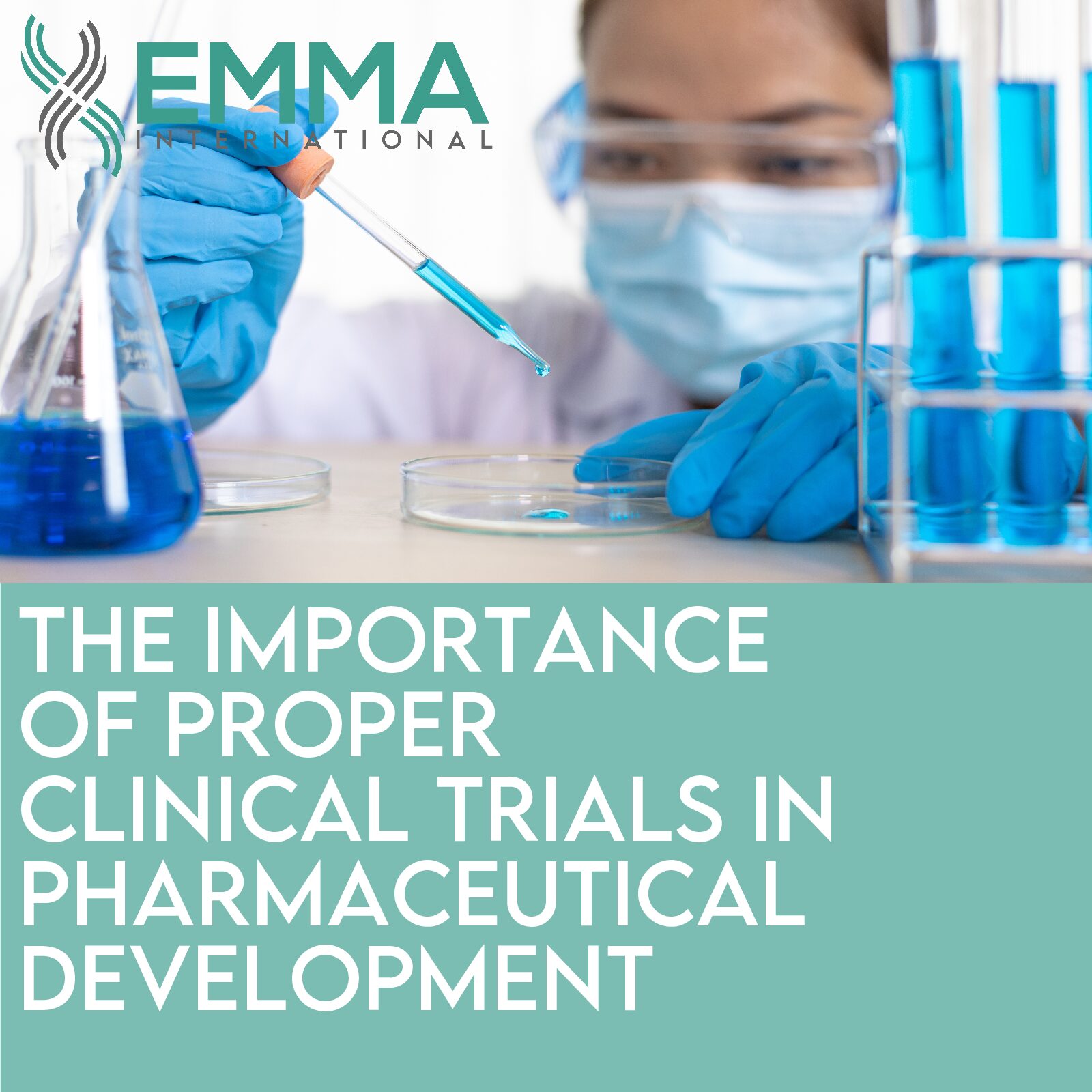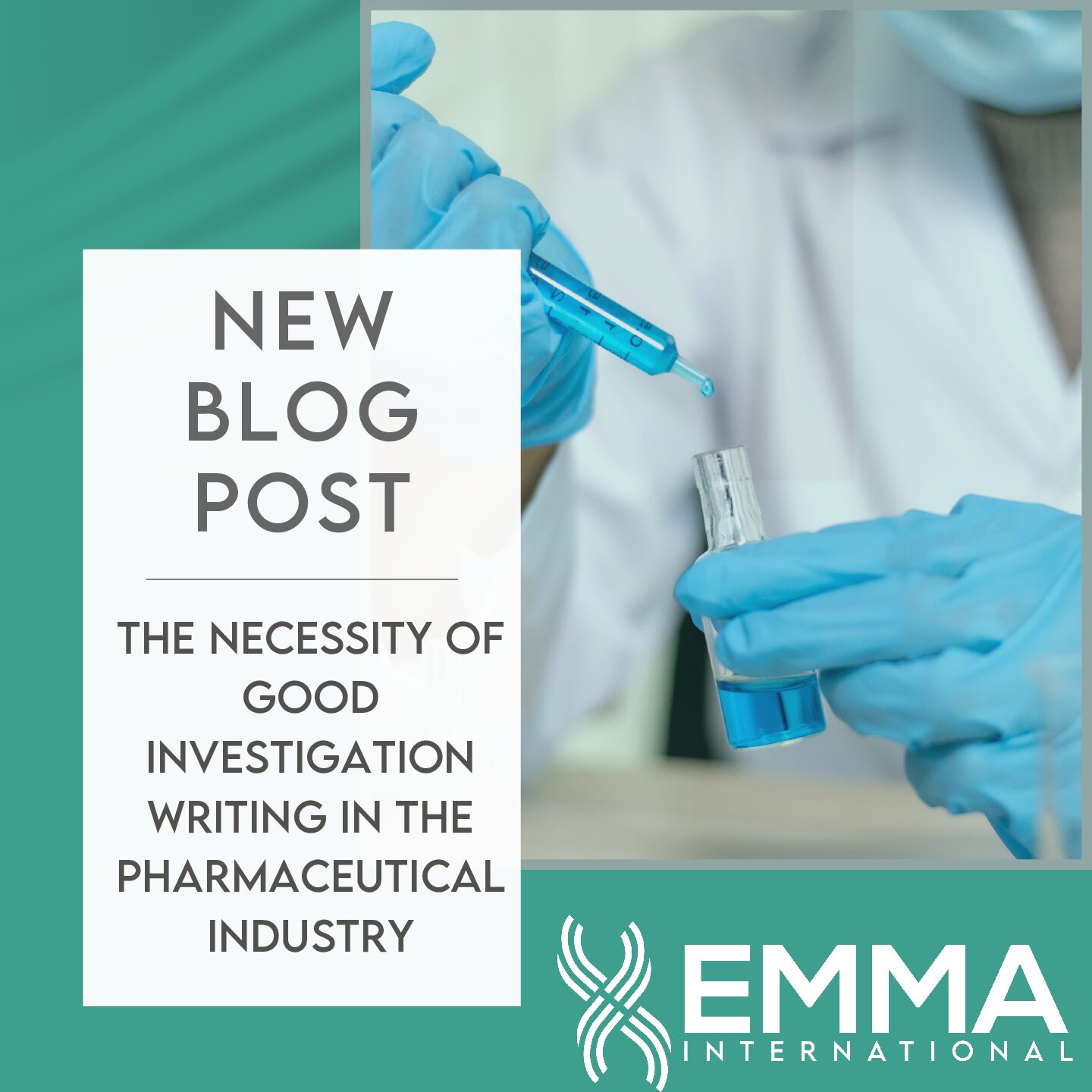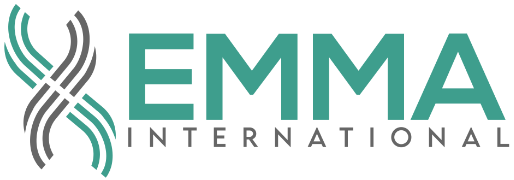As demand for health products expands globally, so do the challenges in meeting diverse regulatory requirements across borders. The process of globalizing health products — whether pharmaceuticals, medical devices, or biologics — involves navigating a complex network of regulatory standards, from the U.S. FDA to the European Medicines Agency (EMA) and beyond. EMMA International specializes in helping companies overcome these hurdles, streamlining the journey to global compliance and enabling companies to successfully reach international markets.
Global compliance is vital to ensuring product safety and maintaining quality standards, but it is also highly challenging. Regulatory bodies around the world set unique standards to ensure health products meet safety and efficacy requirements for their respective populations. Each region brings its own set of regulations, which can include specialized classifications, extensive technical dossiers, and varied requirements for premarket approvals. For companies looking to expand, navigating these diverse expectations can be overwhelming, but EMMA International’s expertise across these regulatory landscapes makes it easier to establish and sustain compliance while entering new markets.
A successful global expansion requires a comprehensive compliance strategy tailored to each target market. EMMA International collaborates with companies to craft a roadmap for compliance, beginning with in-depth regulatory research to identify specific regional requirements and potential challenges. By analyzing each market’s regulations, EMMA helps companies understand what’s needed for compliance and provides a timeline for regulatory submissions and approval processes. This strategic approach enables companies to avoid surprises and set realistic expectations for market entry.
With each step, EMMA International customizes compliance planning to meet the regulatory landscape of target markets. This includes preparing for regional classifications, understanding registration timelines, and anticipating necessary documentation, such as clinical data and labeling requirements. This individualized strategy ensures that every element of the expansion plan aligns with both the organization’s goals and the regulatory framework of each new market.
Meeting global regulatory requirements demands meticulous attention to detail in documentation and submissions. Different regions may require unique formats, levels of detail, or documentation in the local language. EMMA International assists with these complexities by preparing comprehensive technical files and regulatory dossiers, formatted specifically for each target market. This includes everything from compiling clinical data and risk assessments to preparing product labeling that adheres to each region’s standards.
In many regions, digital compliance standards, such as the electronic Common Technical Document (eCTD) required by the EU, streamline submissions. EMMA International not only ensures that technical files are compliant but also assists in converting documentation for electronic submission, facilitating a seamless process and ensuring compliance with the latest regulatory standards.
Achieving compliance for market entry is just the beginning; maintaining it is crucial. After initial approvals, regulatory bodies often require companies to engage in ongoing post-market surveillance (PMS), quality management, and periodic reporting of any adverse events. EMMA International’s team works closely with companies to establish a robust PMS program that monitors product performance and facilitates vigilant reporting, which is especially critical in highly regulated markets like the EU.
To support sustainable compliance, EMMA International also helps align a company’s Quality Management System (QMS) with international standards. For instance, for medical device manufacturers, EMMA aligns the QMS with ISO 13485 standards, providing guidance on maintaining control over quality documentation, managing CAPA processes, and meeting other key requirements. Additionally, EMMA’s expertise extends to managing the required product renewals and change notifications, helping companies keep their products in good regulatory standing throughout their lifecycle.
Global expansion isn’t solely about regulations; it also requires an understanding of cultural nuances and logistical differences. These factors can significantly impact how companies approach compliance, especially in regions where communication styles and regulatory expectations differ. EMMA International’s experience in these diverse environments helps companies bridge cultural gaps, ensuring effective communication with regulatory authorities. This cultural understanding not only aids in smoother regulatory submissions but also fosters stronger relationships with local regulatory bodies.
Moreover, EMMA supports clients in managing supply chain and logistics compliance, which is critical for ensuring the safe and efficient delivery of health products worldwide. Complying with import and distribution requirements is essential for maintaining product quality across borders, and EMMA’s support helps companies establish a compliant, efficient global supply chain.
With a strategic, compliance-focused approach, EMMA International enables companies to enter new markets with confidence, supporting sustainable global growth while meeting the highest standards of quality and safety. Expanding globally presents unique regulatory challenges, but with EMMA’s expert guidance, companies can turn these challenges into opportunities, successfully bringing their health products to patients and consumers worldwide. To get in touch with our team contact us at 248-987-4497 or email info@emmainternational.com 24/7!






